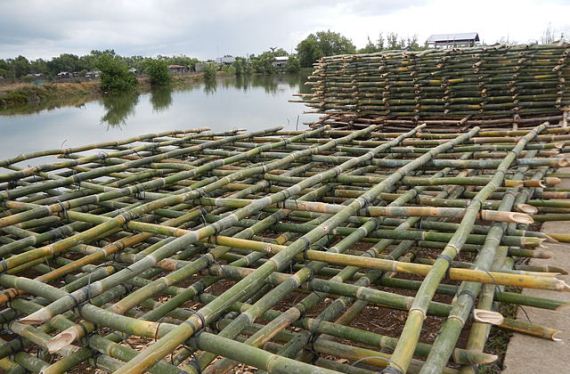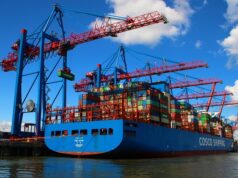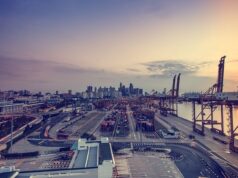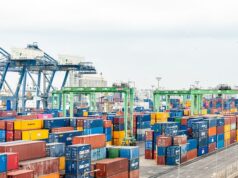- The 35th ASEAN Free Trade Area (AFTA) Council has endorsed 107 additional tariff lines consisting of agricultural and food products to ensure free flow of essential goods in the region
- The additional tariff lines are added to the 152 tariff lines that were endorsed earlier to the ASEAN List of Essential Goods
- The initiative was undertaken to address non-tariff measures or NTMs to support COVID-19 recovery in the region
The 35th ASEAN Free Trade Area (AFTA) Council has endorsed 107 additional tariff lines consisting of agricultural and food products to ensure free flow of essential goods in the region and provide support to the private sector as the region continues to battle the COVID-19 pandemic.
The ASEAN Secretariat in a recent release said the list of 107 additional tariff lines of essential goods has been added to the “Memorandum of Understanding (MOU) on the Implementation of the Non-Tariff Measures on Essential Goods under the Hanoi Plan of Action on Strengthening ASEAN Economic Cooperation and Supply Chain Connectivity in Response to the COVID-19 Pandemic.”
The MOU, which was signed by ASEAN economic ministers on November 13, 2020, includes a list of 152 tariff lines of essential goods, consisting mostly of medical goods such as test kits and equipment.
The MOU is an ASEAN initiative undertaken to address non-tariff measures or NTMs, particularly on essential goods, as the regional bloc’s response to COVID-19 to ensure the smooth flow of essential goods associated with combating the pandemic. It also seeks to facilitate timely information sharing among member states on trade-related measures on these essential goods and supplies.
It further calls on the ASEAN member states (AMS) to refrain from introducing or maintaining trade-restrictive measures on essential goods, except for instances wherein there is a public health emergency. Any measure that one AMS deems necessary to implement must be in conformity with AMS rights and obligations under the World Trade Organization Agreement and the ASEAN Trade in Goods Agreement.
The memorandum was inked after some AMS had implemented export bans and other stringent measures in the early months of the pandemic that resulted in supply shortages of medicines and medical supplies in the region. With the MOU in place, such actions were expected to be lessened.
The ASEAN economic ministers had also agreed to look into the possible expansion of the ASEAN List of Essential Goods to include other essential items, such as food and agricultural products.
The list of 107 additional tariff lines of essential goods includes, among others, certain categories of fish, crustaceans, molluscs, other aquatic invertebrates; vegetables including carrots, cabbage, lettuce, and edible roots; rice; coffee; wheat and meslin; cereal flours and cereal grains; starches; margarine and edible oils; flour and other food preparations; and pasta.
The MOU forms part of the ASEAN Comprehensive Recovery Framework, which serves as the consolidated exit strategy of the region from the COVID-19 crisis.
Photo by Ramon FVelasquez









